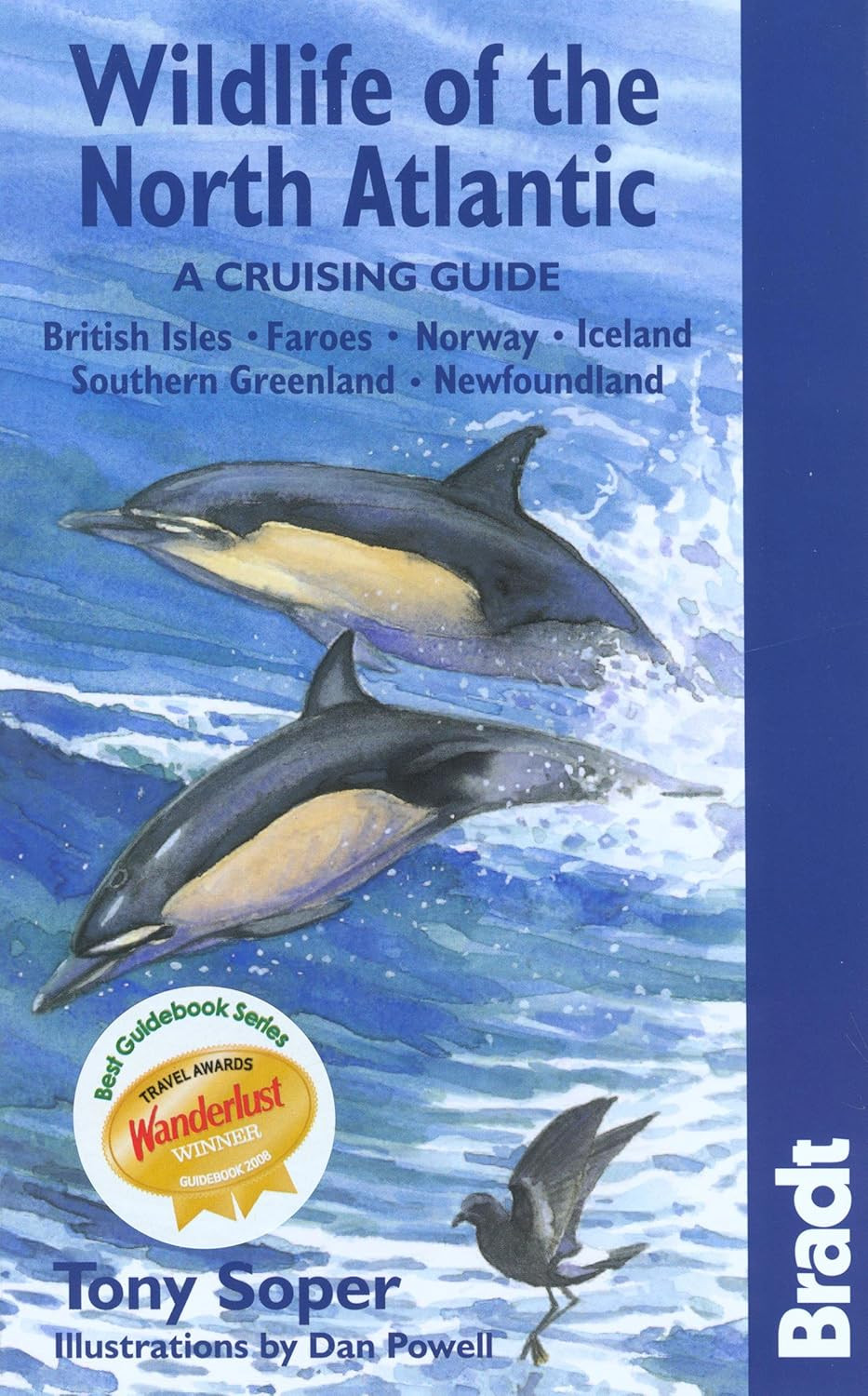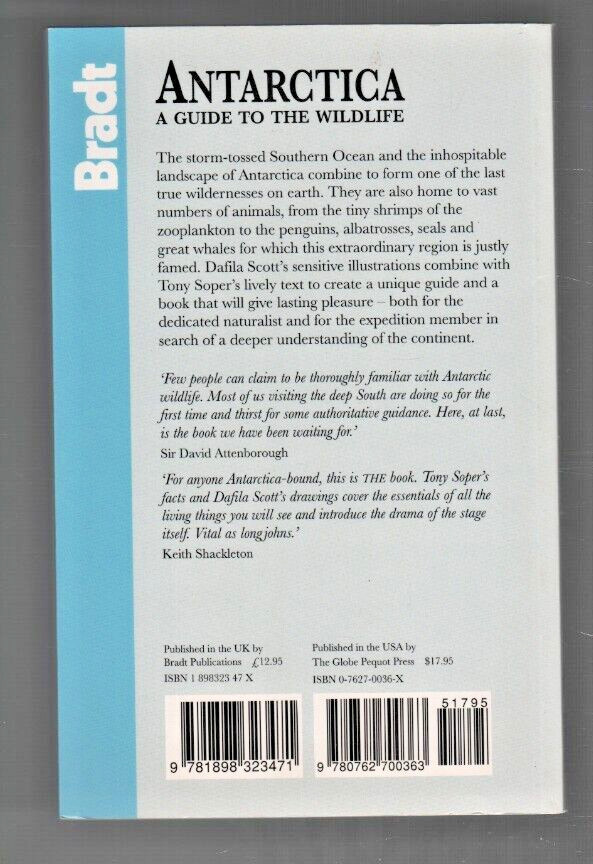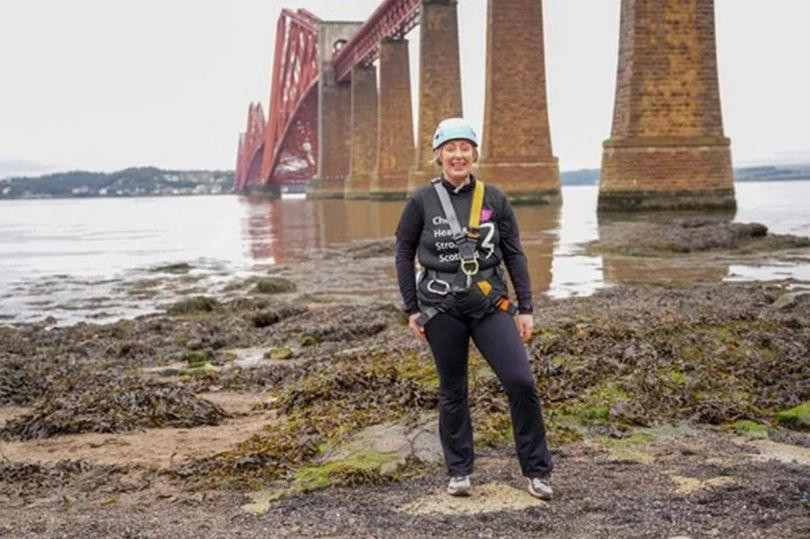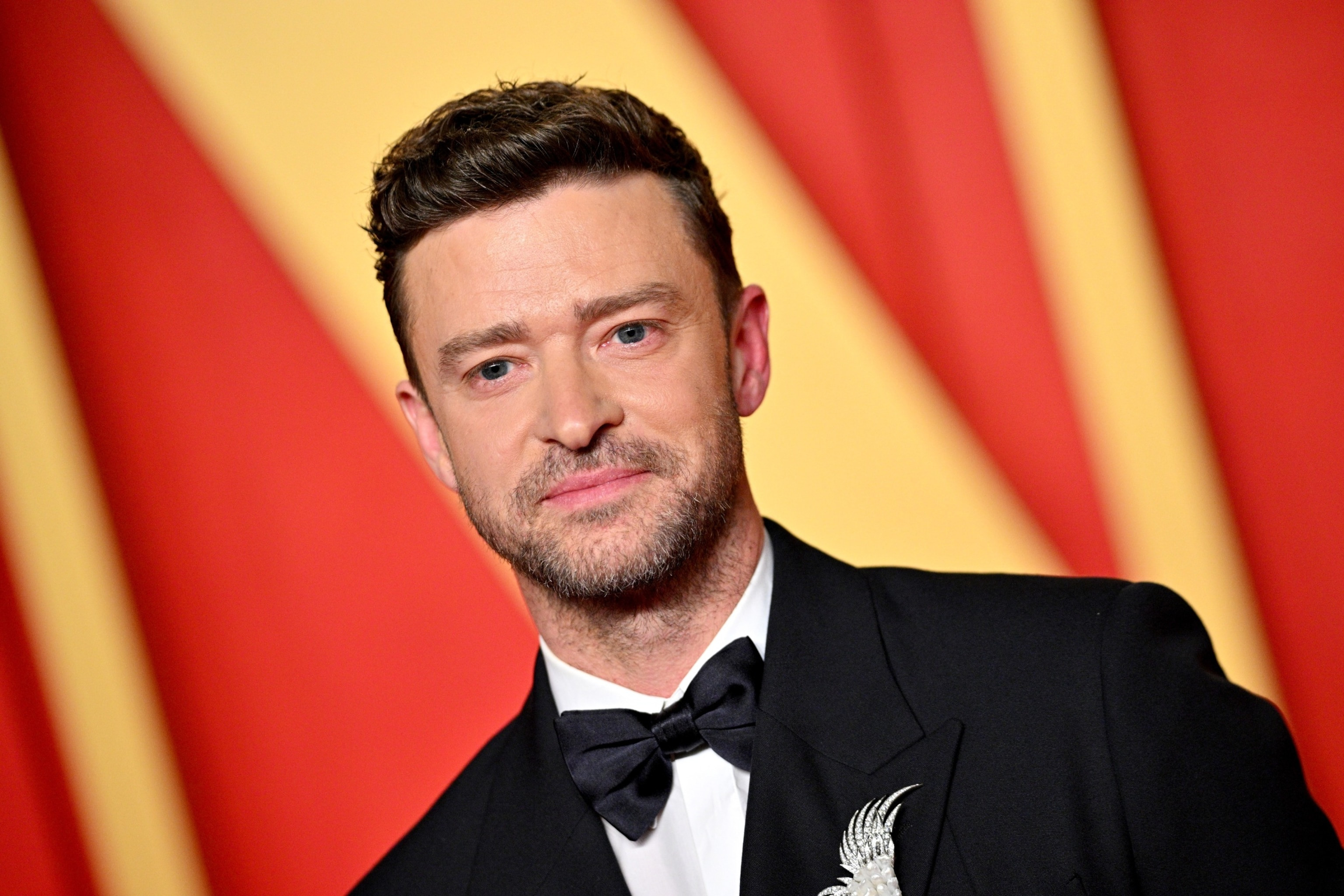The BBC Natural History Unit is known worldwide for blockbuster television series such as Planet Earth. The original idea for a “wildlife unit” based in Bristol came from the naturalist and TV presenter Tony Soper, who has died aged 95. But He turned down the chance to run it, as he was “more interested in making programmes than overseeing them”.
He went on to have a distinguished career as a wildlife TV presenter: his easygoing personality, craggy features and distinctive Devon burr made him a firm favourite with viewers. On screen from the early 1960s to the late 80s, he was a major influence on several generations of young naturalists. Along with figures such as Peter Scott and Bill Oddie, he was instrumental in bringing British wildlife to a wider audience.
A Life In Nature
Born in Southampton, Tony was the son of Ella (nee Lythgoe), a former shop assistant and a pillar of the local Townswomen’s Guild, and Bert Soper, a shipping agent. The family soon moved to Plymouth, and he was always a proud Devonian.
Tony attended Hyde Park elementary and Devonport high schools, passing his School Certificate in 1947. It was assumed that he would go into his father’s profession but, as he recalled, “I enjoyed the ships, but not the office.” So, after literally knocking on the door of the local BBC, he joined as a trainee engineer.
He was soon attracted by the more exciting world of radio production, and after a spell as an assistant studio manager he moved in 1950 to Bristol, to work on programmes including wildlife.
The Birth of a Unit
The following year, he and the producer Desmond Hawkins attended a lecture by Scott that featured film of Scott’s expeditions to Iceland. They both realised that this subject was ideally suited to the new medium of television. In January 1954 the first live wildlife TV outside broadcast, Wild Geese in Winter, was broadcast from the Wildfowl Trust HQ at Slimbridge, Gloucestershire, with Tony as the unofficial assistant floor manager.
In 1956, he produced the second series of Look, a live outside broadcast programme presented by Scott. Following its success, he sent a memo to Hawkins (by then, head of programmes in Bristol) suggesting the creation of a new wildlife unit. A year later, the Natural History Unit was born, and Tony was sent out to buy the first camera: a 16mm clockwork Bolex. He put his new-found photographic skills to good use when he accompanied Scott and his wife, Philippa, to the Galápagos, for the 1960 series Faraway Look.
A Legacy of Wildlife Shows
But it was as a TV presenter that Tony really made his name, earning the epithet “One-take Tony” for his unruffled and consistent style. He got his big break in 1962 on the children’s series Animal Magic, with Johnny Morris, but eventually decided that the anthropomorphic approach, with Morris assigning British regional accents to the animals of Bristol Zoo, was not for him, so he left the BBC to pursue a freelance career.
His affability endeared him not just to viewers, but also to his colleagues, who recall that he was always a pleasure to work with. Tony married Rae Francis in 1960; they divorced in 1969. Two years later he married the artist and printmaker Hilary Brooke, with whom he had two sons. By then his presenting career was beginning to take off, with popular series including Soper at Large (1972), Wildtrack (1978), Beside the Sea (1979) and Discovering Birds (1983), the latter two produced by the BBC’s Continuing Education department in London.
Beyond the Screen: A Pioneer of Wildlife Cruises
Realising that he was falling out of favour, he decided to pursue a new career leading wildlife cruises, mostly to the Arctic and Antarctica: he once calculated that he had crossed the notorious Drake Passage to Antarctica more than 100 times.
This led to more books, including a series on wildlife published by the travel guide firm Bradt. His elder son Tim followed Tony into expedition tourism and co-founded EYOS Expeditions, a luxury charter company; his younger son, Jack, became a BBC radio producer. The cruise work continued until 2012, and Tony’s freelance work after that included self-publishing The Northeast Passage (2016), about the wildlife on the islands above the Arctic Circle, between the Atlantic and the Pacific.
He is survived by Hilary, his sons, and five grandchildren.
A Lasting Impact
Soper’s Bird Table Book ran to numerous revised editions to take in the latest designs in tables, feeders and bird-boxes, but when it was first published, he recalled, “no siskin had ever taken a peanut, so far as we know. Now siskins are two-a-penny on the bird feeders, joining reed buntings and lesser spotted woodpeckers, and also ring-necked parakeets and other exotic creatures. Even little egrets threaten to invade the garden pond.”
Tony Soper, the naturalist and broadcaster, who has died aged 95, was a co-founder, with Desmond Hawkins, of the BBC’s Natural History Unit; he was also its first wildlife cameraman and became its first film producer, making scores of wildlife films that brought the beauty and majesty of the natural world into people’s living rooms.
In the 1980s he devised and anchored the live television Birdwatch programmes (the forerunner of Springwatch), and presented the film series Discovering Birds and Beside the Sea as well as the long-running environmental series Nature on BBC Two; later he became a pioneer of wildlife expedition cruising, taking small vessels on birdwatching trips and lecturing on everything from seaside tripper-boats to cruise liners.
A Life Well Lived
An enthusiastic diver and small-boat sailor, who listed as his recreation in Who’s Who “watching the garden pond”, Tony Soper was also a Fellow of the Royal Geographical Society, and in 2002 was presented with the Peter Scott Memorial Award by the British Naturalists’ Association.
Tony Soper, born January 10 1929, died September 18 2024



















